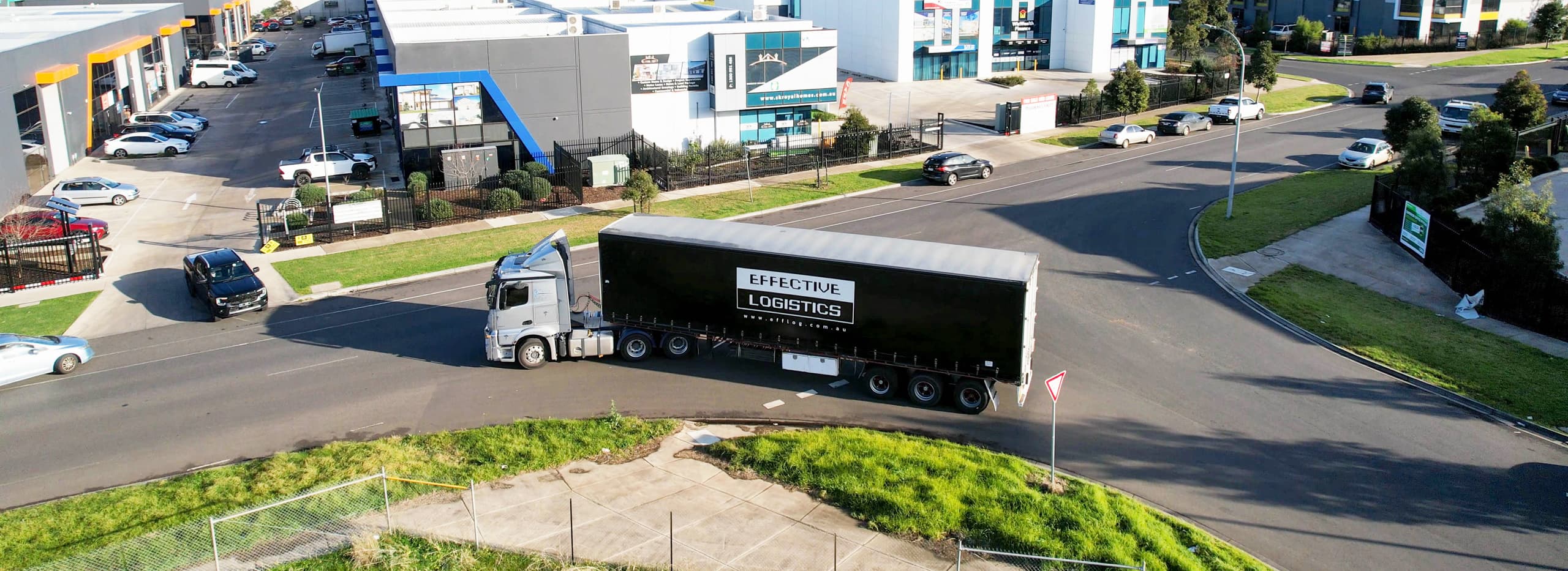The traditional warehouses we all know are wide-open spaces with shelves or racks for receiving and storing inventory. But today’s smart warehouses use robots, automated vehicles, computer software, and similar technologies to perform various tasks.
Using advanced technology, warehouse operators can accelerate their processes, improve communication, and monitor real-time performance. As a result, business owners can better meet customer expectations while managing operational costs.
If you want to enhance your current warehouse setup, transitioning to a smart warehouse could be a practical solution. Keep reading the article to learn more about this concept, its advantages, and tools.
What is Smart Warehousing?
A smart warehouse uses cutting-edge technology to simplify, automate, and improve logistics activities.
Its main goal is to make its warehouse operations more efficient, accurate, and transparent. That way, the facility can overcome supply chain challenges and serve its clients better.
How is a Smart Warehouse Different from Traditional?
Here are the key differences between smart and traditional warehousing:
- Inventory management and order fulfilment: Traditional warehouses rely on manual work and paper-based processes. Smart warehouses use technology and computer systems for automated processing and real-time inventory tracking.
- Predictive analytics: Traditional warehouses usually do periodic manual inventory checks. Smart warehouses use advanced algorithms for real-time data gathering, trend analysis, and market demand forecasting.
- Decision-making: Traditional warehouses depend on manual and reactive decision-making. Smart warehouses use data analytics to make informed and objective decisions in advance.
- Worker safety: Traditional warehouses often rely on manual heavy lifting and repetitive physical tasks, which can lead to body strain. Smart warehouses have robots and AI systems to minimise manual labour and reduce the risk of accidents.
- Scalability: Traditional warehouses often require costly infrastructure changes to accommodate changing inventory or additional services. Smart warehouses have more flexible modular systems to adapt to changing business needs.
Generally, traditional and smart warehouses perform similar tasks. However, with technology, smart warehousing significantly optimises operations and improves accuracy, flexibility, and decision-making capabilities.

What are the Benefits of a Smart Warehouse?
Investing in smart warehousing has several benefits that ultimately contribute to business growth and success.
Higher Customer Satisfaction
A warehouse is a hub of multiple sections, processes, and activities. With so many tasks at hand, human error can happen. However, the right smart warehouse systems can prevent frequent and repetitive mistakes.
For instance, investing in an inventory scanner or automated vehicle to process orders can significantly improve order accuracy. The benefit? Satisfied and happy customers.
Better Transparency
Many tech-enabled smart warehouses today use a warehouse management system (WMS). WMS is a software program that helps in inventory management. However, depending on its design, WMS can also work as an all-in solution that manages order fulfilment, cost calculation, and report generation.
With WMS, business owners can track items from receiving to shipping anywhere. More importantly, WMS gathers real-time data for them, which businesses can use to improve their operations or make strategic decisions.
Increased Efficiency
Smart warehouses improve their picking, packing, and shipping processes by integrating technology and automated systems. These tools automate time-consuming or repetitive tasks, resulting in quicker turnaround times.
They also help streamline operations from receiving to dispatch, reducing time waste, delays, and errors. With faster processing and less manual labour, smart warehouses significantly cut order fulfilment costs.
Reduced Costs
Automation solutions in smart warehouses reduce reliance on human resources, resulting in significant labour cost savings. Because processes are more transparent and accurate, warehouse managers also minimise losses due to lost, misplaced, or damaged goods.
By utilising technology, operators can optimise their warehouse layout and available space, reducing costs associated with maintaining a large facility. Ultimately, enhanced efficiency improves customer service and satisfaction, boosting profits.
Continuous Improvement
With smart warehouse technology, businesses can swiftly access valuable logistics data to improve their performance and develop better strategies. Data-driven insights also aid them in identifying errors or issues and implementing long-term solutions.
This advantage is crucial in competitive industries where constant improvement is key to outperforming rivals.

What are Common Smart Warehousing Tools?
Here are some smart warehouse tools or machines that can help improve your business:
- Warehouse robotics: Mobile robots can pick, pack, and transport goods two to three times faster than usual. They can collaborate with the human workforce or perform heavier tasks.
- Automated guided vehicles (AGVs): Forklift and towing AGVs are some examples of this tool. They can perform storing, lifting, and stocktaking, improving warehouse efficiency and material handling.
- Warehouse management systems (WMS): These software solutions track inventory in multiple locations, speeding up transit times and reducing shipping costs.
- Artificial intelligence (AI): An AI-powered system can gather and analyse supply chain data, helping businesses identify potential crises and make informed decisions.
- Internet of Things (IoT): This tool is an online network that lets technological devices communicate. For example, it can connect the robots, conveyor systems, sensors, RFID tags, and WMS used in the warehouse facility to locate items, monitor environmental conditions, predict equipment maintenance, or monitor worker movements.
Achieve Business Efficiency with Smart Warehousing
Understanding what a smart warehouse is and how technological advancements can enhance your operations offers a significant business advantage. By partnering with a smart warehouse provider, you can improve your supply chain’s efficiency, accuracy, and cost-effectiveness. These benefits ultimately lead to a better customer experience and increased sales.
Contact Effective Logistics on 03 8376 3300 if you are looking for modern and tech-enabled warehousing. We design and implement flexible systems to suit your requirements.

